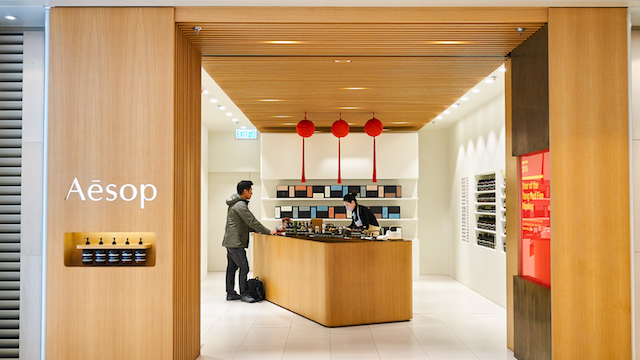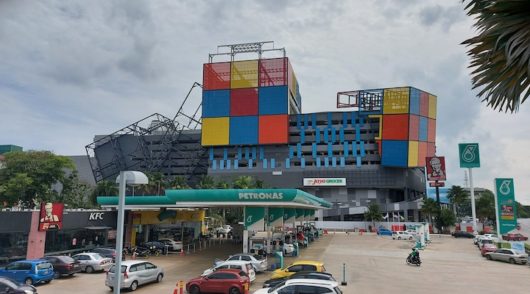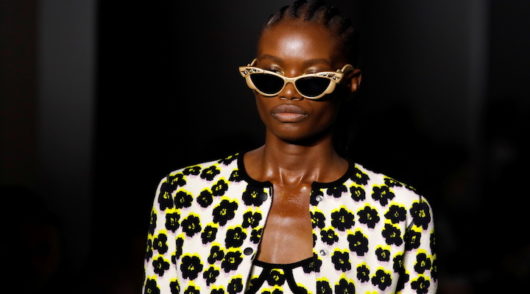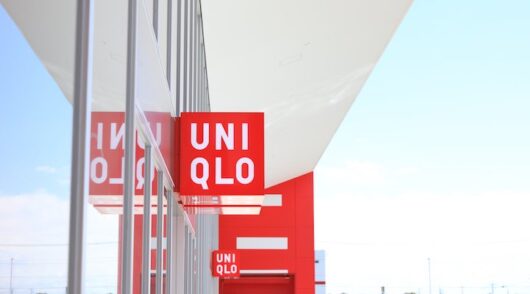Australian botanical hair and skincare brand Aesop continues to be ahead of the curve in store design that makes shopping memorable, especially as on-ground retailers face a growing challenge from e-commerce.
While many stores create consistency with a formula of exclusive materials and artworks, Aesop insists on an individual look for each of its 177 stores and 84 department store counters in 20 countries.
On the cusp of the company’s 30th anniversary this year, Aesop’s store in the International Finance Centre (IFC) has been renovated. It is one of nine stores and four counters in Hong Kong, the first, in Lyndhurst Terrace, opening in 2005.
The idiosyncratic design-led strategy of Aesop founder Dennis Paphitis, with his penchant for craftsmanship and culture, has grown to become a creative alternative to the uniformity of today’s retail landscape, reports the South China Morning Post.
“No-one else would think about designing a building or a house to suit any or every context,” says Paphitis. “I think it is perfectly natural to consider the floor plan, streetscape and wider community for each space. This enables a different scope and landscape, which is good for the architect because it challenges them rather than having a signature look.”
This translates into a serene, minimalist black-and-white store on Kyoto’s Kawaramachi Street, where Shinichiro Ogata of Tokyo’s Simplicity design studio has suspended rows of Aesop’s trademark amber-coloured bottles on their sides – a nod to traditional Japanese calligraphic scrolls.
In Taiwan, Aesop’s store on Zhongxiao Road, designed in collaboration with Taiwanese firm CJ Studio, features a monochrome palette with a dark terrazzo stone floor that curves up the walls, pure white shelving and a domed ceiling.
“Every single shop is aesthetically different, but the functional requirements are always the constant,” he says. “We need water, a cash desk, a seat and storage. These parts do not vary across our stores.”
Local inspiration
At the newly renovated Aesop store in the IFC, Paphitis says he challenged the newly established Hong Kong design studio MLKK to investigate recyclable materials for a design that could be easily updated.
After research into regional timbers, the team of young designers came up with an organic, Chinese eucalyptus, cork-lined interior featuring a curvilinear pebble-wash counter and shelving inspired by traditional local craftsmanship.
“Cork is a very sustainable, humble material that offers a contrast to the shininess of the mall, but at the same time we also wanted a design that would offer a high-end aesthetic quality,” says MLKK co-founder Kian Yam, who worked as an in-house architect at Aesop before co-founding the studio.
The full feature can be read on the South China Morning Post’s website.






